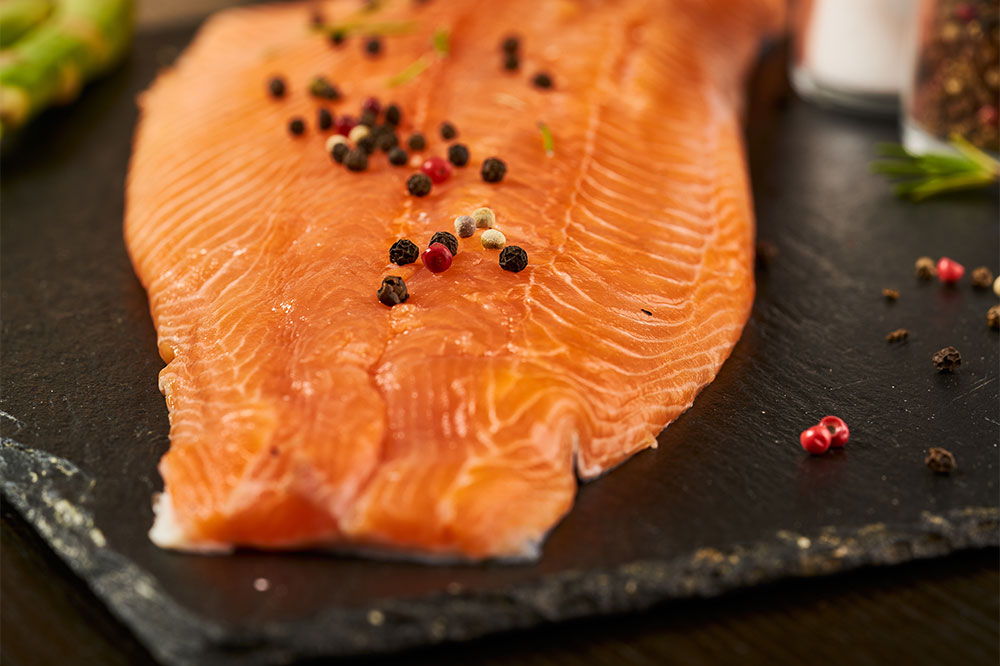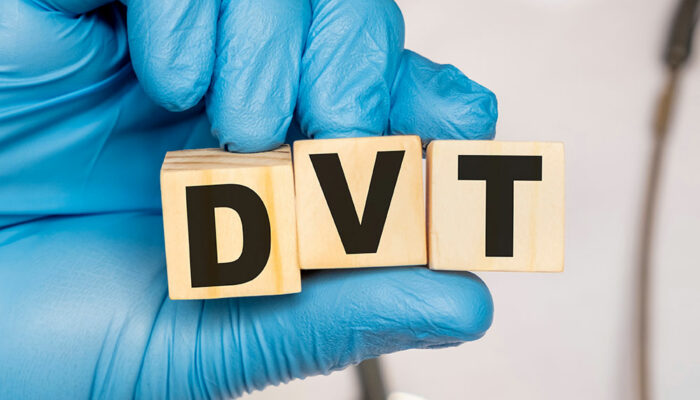
Nutritional Foods to Manage Schizophrenia Symptoms
Schizophrenia is a serious mental condition whose causes remain unknown. It is associated with symptoms like delusions, disorganized speech, inappropriate behavior and emotions, inability to start things and follow through to the end, and attention impairment. Following a nutritional food regime may help manage the symptoms and lessen the side effects of medication. Take a look at suggested foods changes for schizophrenia patients.
1. E at more vegetables and fruits
Most patients diagnosed with schizophrenia have poor physical strength due to lack of exercise and poor diet. Certain antipsychotic medications may have adverse effects on the patient’s health. Those who have not started antipsychotic medication may suffer from metabolic syndrome. This may contribute to cardiovascular diseases and type 2 diabetes. A high-fat diet reduces hippocampal expression of brain-derived neurotrophic factor (BDNF). Low levels of BDNF invites heart problems. Hence, it is suggested to reduce the intake of unhealthy food and consume more vegetables and fruits. Veggies are low in fat and packed with fiber. They are full of essential nutrients and vitamins. Eat more raspberries, pears, apples since they contain the most fiber and aid digestion. They are also helpful in reducing bad cholesterol.
2. Avoid foods that spike blood sugar
Schizophrenia patients should control the intake of sugar, refined carbohydrates, and caffeine. Consumption of alcohol and smoking cigarettes should be limited or avoided. All these spike the blood sugar levels in the body, which can worsen schizophrenia symptoms. Stimulant drugs such as amphetamines and cocaine can also induce this mental condition and diabetes. If you know someone who is abusing these drugs, consult a doctor immediately. Experts recommend limiting or avoiding the intake of sugar, carbs, and caffeine and start a low glycemic load diet to control blood sugar. Eat at regular intervals. Only consume foods that are low in carbs and combine with protein-rich food in a 1:1 ratio. Include foods like oats, a handful of nuts, cottage cheese, celery in your meals.
3. Include essential fats in meals
The human brain is made of specialized essential fats through a static process. The membranes are always active. The breaking down process is done by the phospholipase A2 (PLA2) enzyme, which removes all essential fats of the brain. This enzyme is overactive in patients with schizophrenia which makes the intake of essential fats crucial. The best way to replenish essential fats is by eating fish at least twice a week. Fishes like salmon, mackerel, herring, sardines, fresh tuna, anchovy, and trout are rich in omega-3 fatty acids, which helps in easing schizophrenia symptoms. If you dislike fish, you can take omega-3 supplements after consulting your doctor. Other sources of essential fats are flax seeds and pumpkin seeds. You can sprinkle them on your salad or use flaxseed oil in dressings. It is important to note that the body absorbs only 5% of omega-3 from these seeds.



